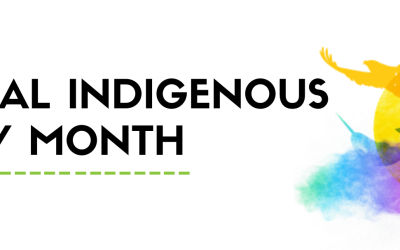A recent seizure of record amounts of illegal tobacco on Montana First Nation in Alberta has raised public attention about the challenge of illegal tobacco.
Cigarettes distributed through Native channels avoid provincial, federal and often excise taxes. They are often sold to non-Aboriginals at heavily discounted prices.
Governments and police have avoided “cracking down” on these illegal smoke shacks or operations because of First Nation insistence on internal self-government.
Problems are these cigarettes often find their ways into the hands of teenagers and no one can regulate their contents.
Rather than focus on confrontation and enforcement rhetoric, policy makers need to realize there are institutional forces that allow this industry to flourish.
The First Nation Tax Commission tells us that it is 10 times more difficult to create private wealth on First Nation reserves due to burdens imposed by the federal Indian Act, as well as the land ownership constraints surrounding Native lands.
Nobel prize-winning economic Douglass North concluded that if societal institutions reward certain activities they will flourish. In his case, he looked at piracy.
In the Native case, the institutional matrix rewards operations like illegal tobacco because they are easier to start than “legitimate” businesses. Like in the case of Native-run casinos, Native communities gravitate to activities that generate revenue quickly. If the Indian Act imposes costs on setting up other businesses, are we surprised illegal tobacco is the industry of choice for many reserves?
Ottawa needs to work with Native communities on reforming or repealing the Indian Act and helping these communities create other economic activities.
Moreover, Canada needs to look at other jurisdictions. Some American states have tackled the issue of contraband tobacco. In order to work with Native authorities in collecting state taxes on cigarettes, the Michigan government (and other state govts) ratified agreements with tribal leaders so that a tobacco tax would be imposed, but part of it would go back to the tribal government, so the Native government gets revenue out of the deal. This is better than just naked enforcement and confrontation without any tangible benefit to the band for its buy-in.
We need more carrots and fewer sticks in finding solutions to this problem.


